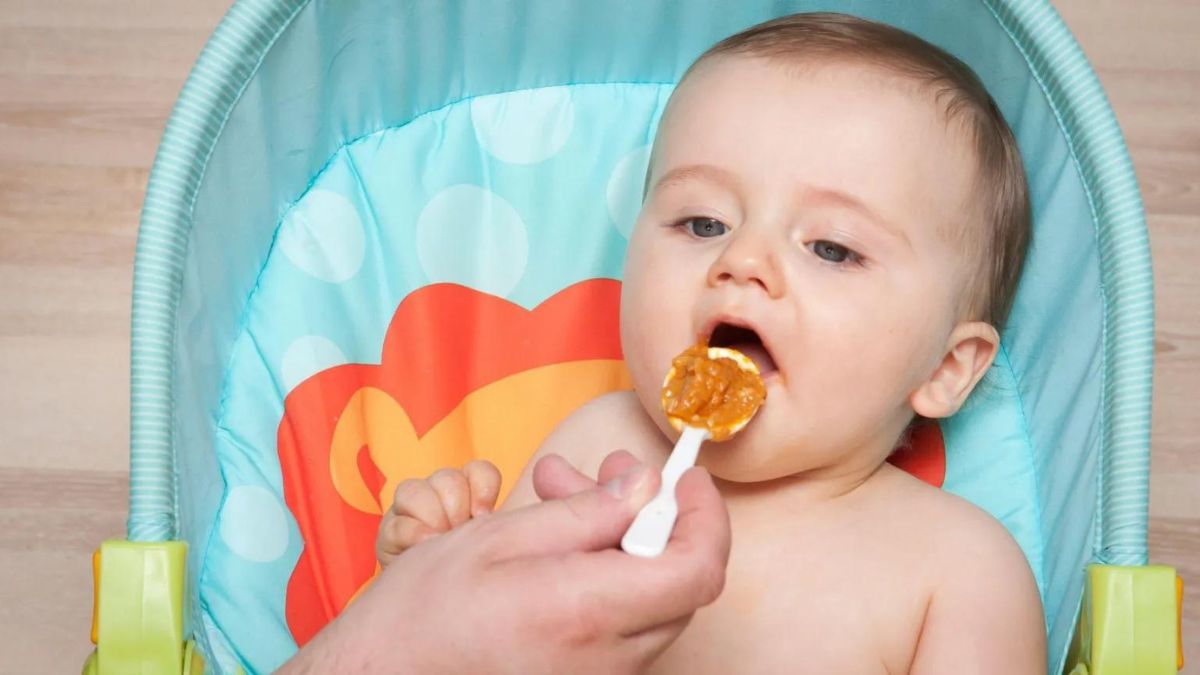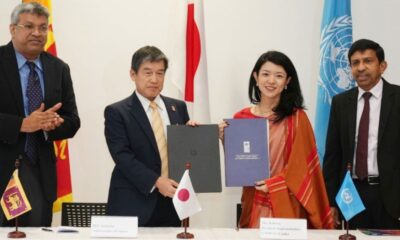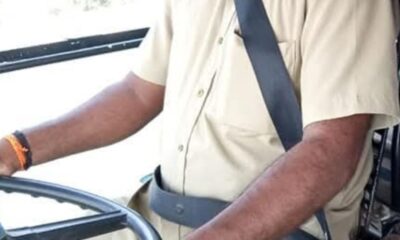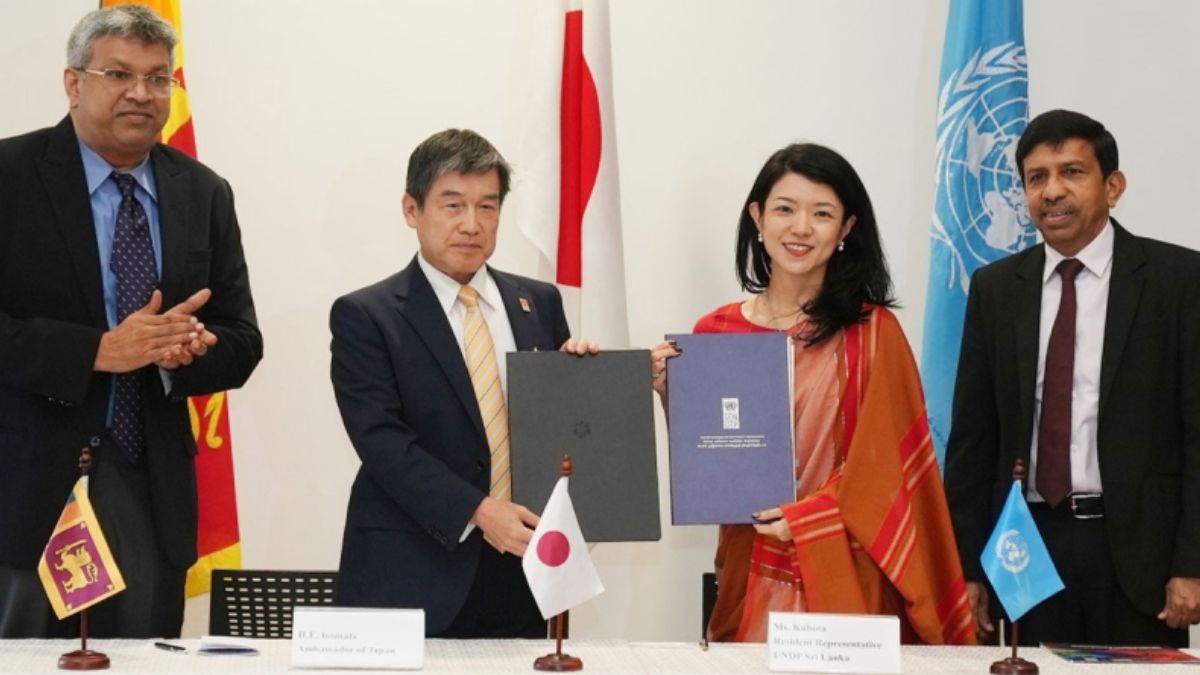Babies with peanut allergies in Australia will be offered treatment to build immunity to the potentially life-threatening condition, under a world-first programme.
Supervised by select paediatric hospitals, eligible babies will be given gradually increasing doses of peanut powder each day for at least two years, to reduce sensitivity.
Oral immunotherapy has been available in clinical trials and some specialist allergy centres around the globe, but this is the first time it has ever been adopted as a national model of care for peanut allergies.
Australia is often dubbed the “allergy capital of the world”, with one in 10 infants diagnosed with food sensitivities.
Peanut allergy affects about 3% of Australians at 12 months old and – unlike other food allergies – few children outgrow it, making it the most common food allergy among school-aged children.
“[This] might be the game changer we have all wanted to stop this terrible allergy in its tracks,” Assistant Minister for Health Ged Kearney said.
The free programme is only available to children under 12 months who have already been diagnosed with a peanut allergy and are receiving care at one of ten participating hospitals across the country.
The dosing schedule will be carefully calculated for each child, until they reach a “maintenance dose” which they will remain on for two years, programme lead Tim Brettig told the BBC.
Some children may experience side effects including an allergic reaction, but for most children in this age group they are mild and do not require treatment, he said.
The aim is to raise their tolerance threshold and lower the risk – and anxiety – posed by exposure to peanuts, with results measured by a food allergy test at the end of the treatment.
“In some cases, [the threshold] might be so high that they can eat peanut in their diet freely, for others it might raise it to a level where accidental exposures wouldn’t result in an allergic reaction.”
“Ultimately, we want to change the trajectory of allergic disease in Australia so that more children can go to school without the risk of a life-threatening peanut reaction,” said Professor Kirsten Perrett, Director of the National Allergy Centre of Excellence (NACE).
NACE will evaluate the programme for both effectiveness and safety with the hope of extending it to more hospitals, and potentially other food allergies.
However, doctors have stressed that families should not try oral immunotherapy at home unsupervised.
“It’s definitely not a programme for everybody,” Dr Brettig said.
(BBC News)
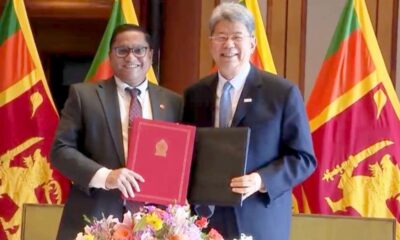
 BIZ2 days ago
BIZ2 days ago
 News2 days ago
News2 days ago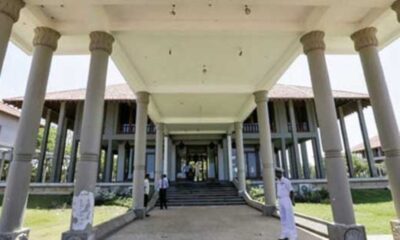
 News2 days ago
News2 days ago
 News1 day ago
News1 day ago
